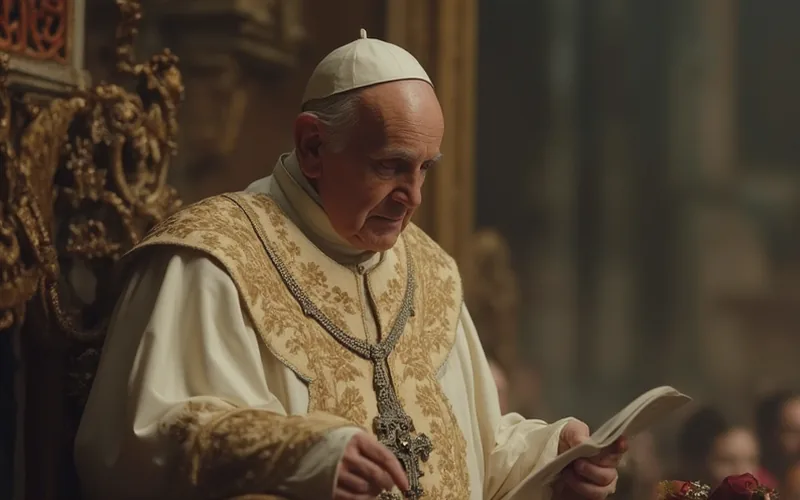Pope Francis, the first Latin American pontiff, passed away at the age of 88, leaving behind a legacy marked by humility, a focus on the marginalized, and progressive views that often clashed with conservative elements within the Catholic Church. His leadership style was characterized by a commitment to reform, an emphasis on mercy, and a call for inclusivity within the church.
From his election in 2013, Francis sought to bring a new tone to the papacy by prioritizing humility and outreach to those on the peripheries of society. This approach was evident in his interactions with refugees, his concern for the poor, and his critique of capitalism. He also took significant steps in addressing climate change, urging a reevaluation of the global economic system in light of the pandemic.
Despite these efforts, Francis faced challenges and criticism, particularly from conservative factions within the church. His outreach to LGBTQ+ individuals and reforms that gave women more roles in church decision-making were contentious issues. However, he upheld traditional church teachings on matters such as the male-only priesthood and opposition to abortion.
During his papacy, Francis also navigated complex issues such as clergy sexual abuse scandals and the impact of the coronavirus pandemic, which saw him leading a global religion through unprecedented times. His death has initiated a period of mourning and reflection within the Catholic community, with a conclave to elect his successor set to follow.
Francis’ efforts to reform the Vatican’s bureaucracy and finances, as well as his diplomatic initiatives with countries like China and leaders of other religions, marked his tenure. While his progressive actions were sometimes met with resistance, his vision of a church embracing all people, regardless of their status, left a lasting impact on the Catholic Church and the wider world.























